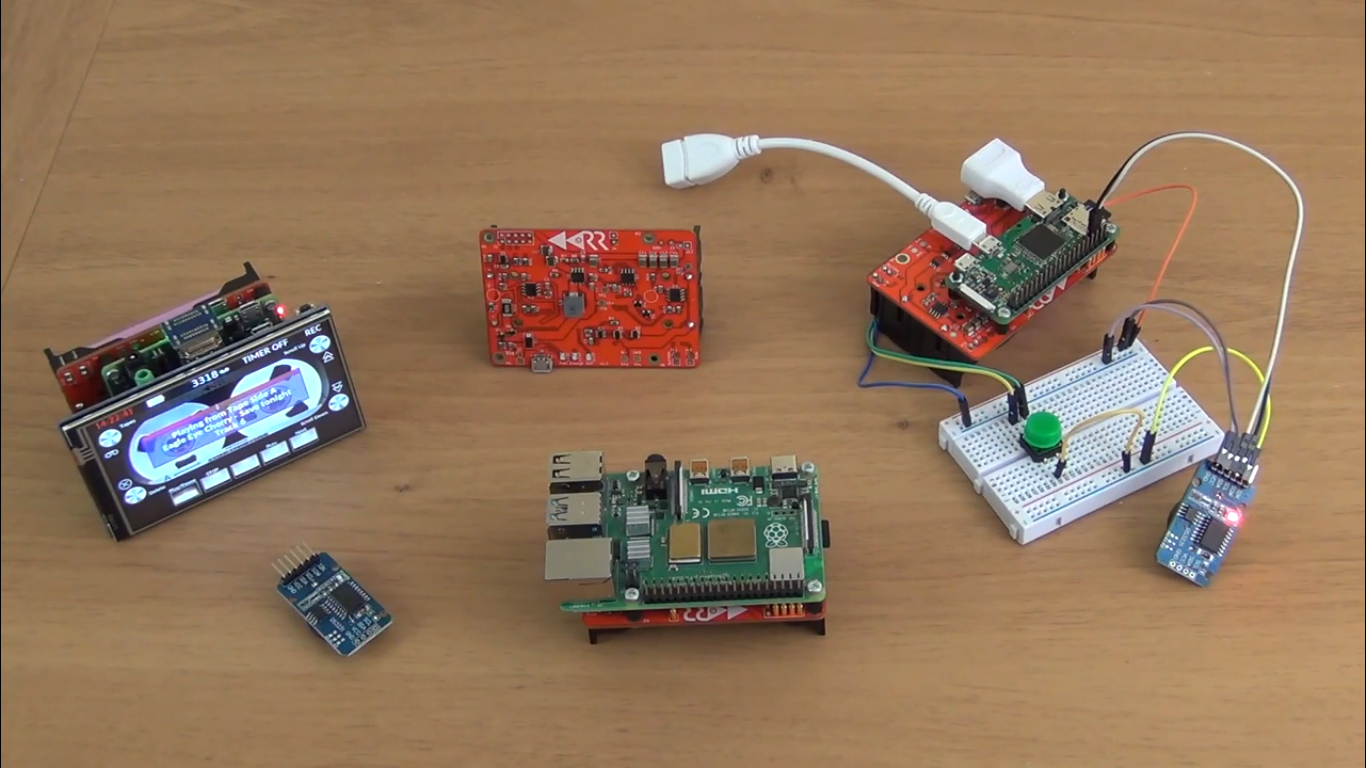The Red Reactor battery power supply project by Pascal Herczog connects two 18650 batteries via pogo pins to a Raspberry Pi 4, Raspberry Pi 3, or Raspberry Pi Zero board.
The Red Reactor is joined to the board using pogo pins, so adding a HAT expansion board on top of the single board computer is not prevented by this arrangement. For customised configuration or compatibility with boards like Raspberry Pi, Google Coral, Arduino, Banana Pi, Orange Pi, etc. that require some soldering, there is also a headerless version available.
The Red Reactor is a sub-board designed to fit beneath the Raspberry Pi single-board computer. It connects through pogo pins rather than soldering, freeing up the 40-pin GPIO header for other gear. The board has a socket on the back for two lithium-ion 18650-format battery cells; it can function with one installed, but two obviously doubles the runtime on a single charge.
The board features a seamless switchover from external to battery power, full battery protection with over-charge, over-discharge, and over-current protection, and an I2C bus for querying battery voltage, charge/discharge current flow, and the presence or absence of external power.
Extraordinary Qualities:
- uses one or two flat-top 18650 lithium batteries to operate (not included)
- Protection against over-charging, over-discharging, and 6A overcurrent
- Direct soldered connection for heavy current consumption or a typical 5-volt micro-USB power source
- offers precise battery voltage and current monitoring for software over I2C
- Interface with ON/OFF Buttons
- 5V high current port separate for ancillary devices
- Size: 78.7mm by 56mm by 29mm (incl. stand-offs and battery holder)
















0 Comments